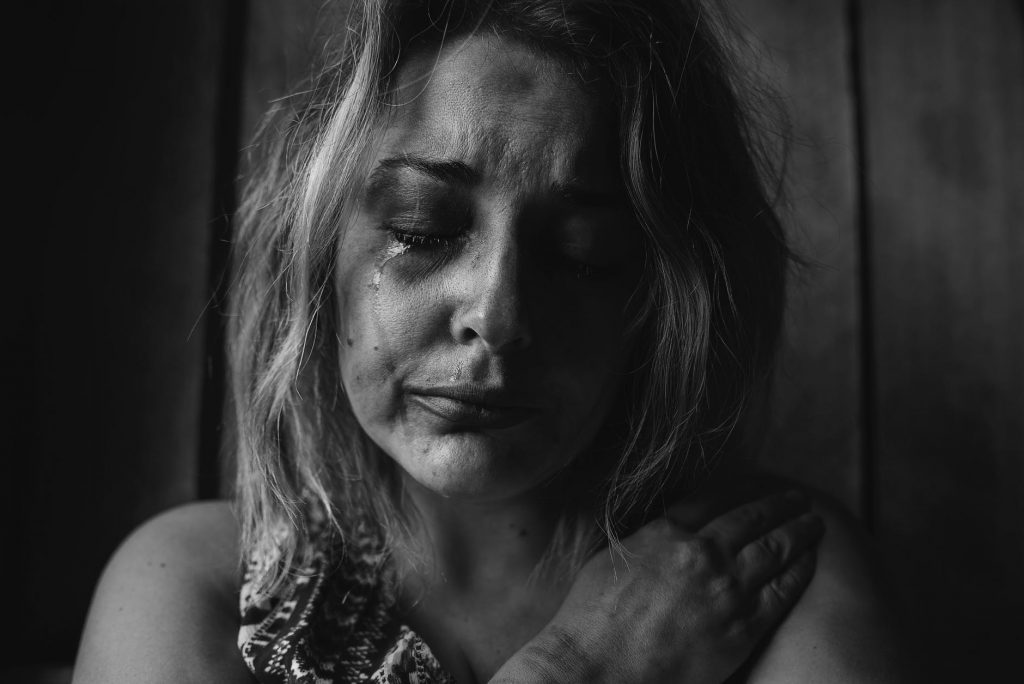WHAT IS COERCIVE CONTROL?
Coercive control is a form of family violence that’s not always easy to recognise. Rather than being physical in nature, perpetrators of coercive control focus on isolating, restricting and controlling another person through manipulative means. It’s not uncommon for people to be unaware that they’re a victim of coercive control, even when it might be obvious to those around them. An increasingly common form of coercive control is financial abuse, and Small Village has helped numerous vulnerable people with a successful debt management plan after they have left their abusive relationship.
TYPES OF COERCIVE CONTROL
Unfortunately, coercive control takes many forms, and some people may brush these actions off as someone just being a little jealous or controlling. Often, coercive control goes a lot further than that, resulting in people eventually feeling isolated, trapped, degraded and even dependent on the abuser.
MONITORING AND CONTROLLING ACTIVITY
Abusers use this technique to take away someone’s sense of freedom. It might take the form of reading a partner’s emails, text messages or checking their social media history. Moreover, it can include excessively calling or texting someone while apart, which in some cases can even be considered stalking or harassment. Other ways of controlling activity include restricting a victim’s access to cars or transport, or even changing passwords on computers and other devices.
FINANCIAL ABUSE
Financial abuse is an action that we see all too often. Abusers typically restrict their victim’s access to money, usually taking control over the household’s income and expenses. Victims may be given an allowance, but may also be restricted from earning money for themselves. This serves to make the victim more dependent on the abuser, and also makes it more difficult for them to leave. In some cases, an abuser also uses credit cards to generate debt in their victim’s name, making it even more difficult for them to seek help. This is where we often assist people with safe debt management following an abusive relationship.
POSSESIVENESS AND JEALOUSY
Being slightly jealous in a relationship is nothing new, but many people take it a step further. Often, an abuser will accuse their partner of cheating or not loving them. This makes the victim feel guilty about socialising, attending events or even being away from their partner at all. The abuser’s ultimate goal is to restrict who their partner associates with, thereby isolating them from their support network.
DAMAGING SELF ESTEEM
Abusers often try to control their partner’s appearance, using methods such as criticising their weight or clothing. They may even restrict what they eat and drink, or pressure them to look a certain way. Degrading remarks are also common, criticising how someone looks or constantly telling them they’re doing something wrong.
ISOLATION
One of the most common forms of manipulation and control is to isolate a victim from family and friends. Abusers may prevent a victim from talking to or socialising with certain people or attending events. They may also manipulate them into ending friendships. Abusers don’t want their partner to be alone with friends and family, so they attempt to isolate them further. This makes victims easier to control, removes a valuable support network and also makes it more difficult to leave.
NEED HELP WITH CREDITORS AND A SAFE DEBT MANAGEMENT PLAN?
Small Village specialises in helping people get their finances back on track, especially when there are issues of family violence and/or mental health. If you’ve experienced coercive control and need assistance, Small Village is here to help. We have helped numerous people experiencing this issue to regain financial independence by speaking with their creditors, managing credit card debt and implementing a debt management plan. If you’d like a free consultation, we’d be more than happy to discuss your needs. Contact our team today, and we’ll help you take back control.
If you are in immediate danger, please contact local authorities or 1800Respect for assistance.



